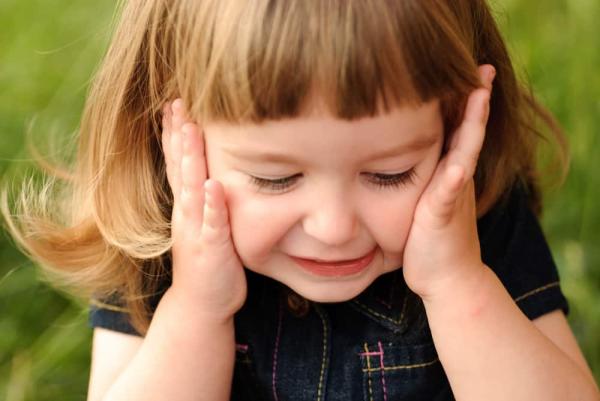
As a little boy, one of my sons was extremely bashful. Talking to people, especially adults, was painfully embarrassing for him. At the end of his preschool year he proudly announced to my husband and me, "I didn't ever talk."� He'd gone through an entire school year without ever speaking to anyone in his class.
We laugh now at our son's transformation. Somehow, this son morphed into a socially adept teenager with lots of friends. He can even converse easily with adults.
We all have a bit of the shy child within us. Even the most gregarious person sometimes withdraws. Everyone has moments of quiet uncertainty, whether in a group setting or alone.
I was a shy child. I still remember the comments that well-meaning adults would make to try to draw me out. I despised those comments, and feel certain that most shy kids do, too.
1. Why are you so quiet?
Even if this isn't a rhetorical question, it certainly puts a kid on the spot. How does one answer this question, other than with a shrug of the shoulders and, "I don't know"?
"Why are you so quiet?" seems to translate to, "Why are you so different?" It may be well meant, but it only serves to single out shy kids who really would rather blend in with everyone else. This question is awkward and condescending.
2. Do you ever talk?
This is such a ridiculous question. Of course, my son talked our ears off in the comfort of our home where he could release his inhibitions. Most quiet kids gab non-stop at home with their families.
The asker of this silly question may really mean, "I would love to hear what you have to say." It's always better to draw out silent children in a non-condescending, matter-of-fact way. "Ellie says that she likes the color blue better than green. What do think, Sarah?" Talk to shy little Sarah in the same way you would to boisterous Ellie.
3. Are you shy?
I still cringe when I remember adults putting their arms around me and asking such inane questions as, "Are you shy?" Sure, their tones were gentle and their manners loving. But unfailingly, those questions would always make me feel even more self-conscious.
Bashful kids don't want to be singled out. They already recognize that they're shy. More than anything, they want to fit in with everyone else and not be treated differently.
As parents, teachers and adult friends we can help quiet children develop self-confidence. We can also help them become comfortable with who they are. Not all kids need to be noisy attention-seekers. If your child or student is reserved, compliment his other qualities. "I hear that you're a star soccer player," or "I'm so impressed with your writing skills."
Build up bashful kids, treat them the same as their peers, and avoid the three questions that will cause them to shrink even further into themselves. Don't worry - they will outgrow their shyness.

